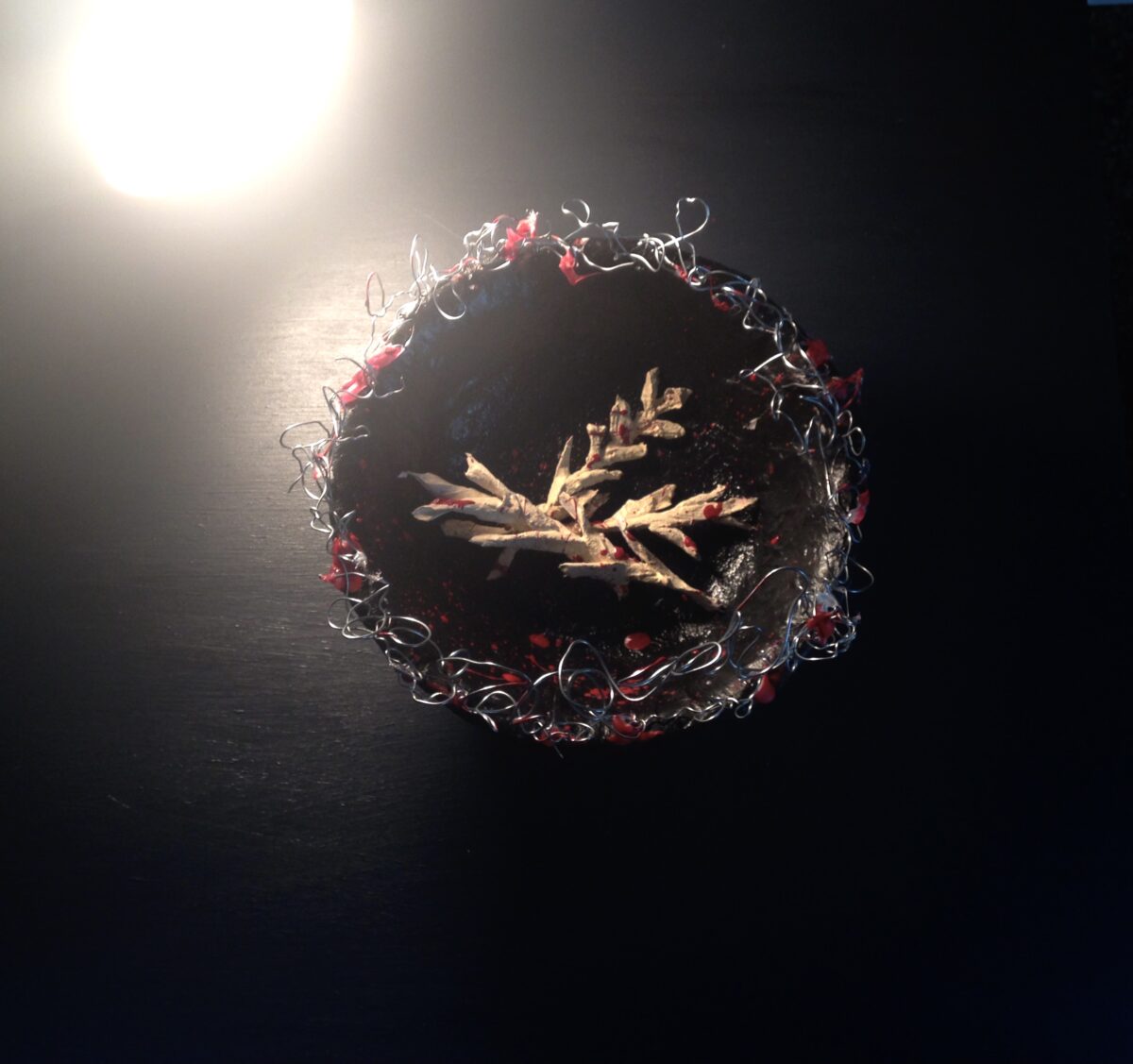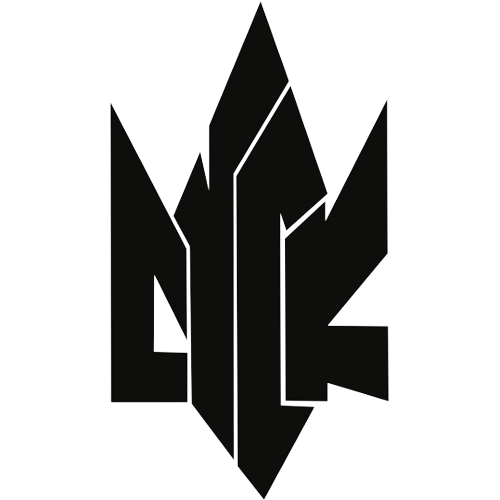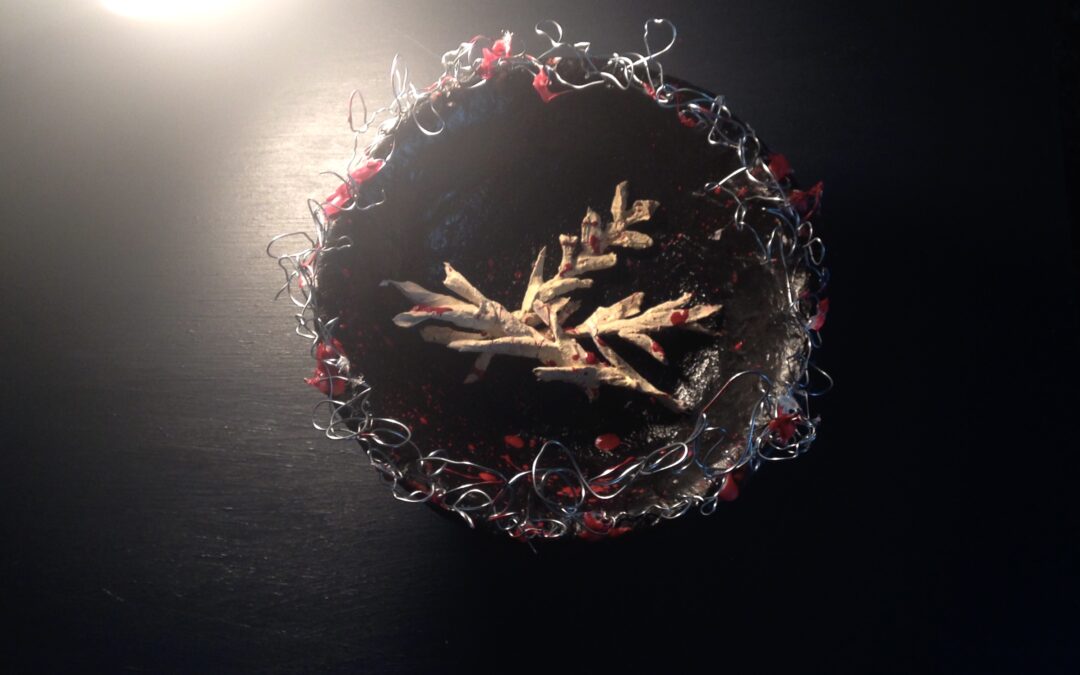By Danya Wasylyk

The first time I truly recognized the word ‘genocide’ was on a Saturday morning, 14 years ago, in my Ukrainian School classroom. I had heard the word before in school, in reference to the Holocaust, but never fully grasped the depths of the terror that it labelled.
We were being taught about the Holodomor.
It wasn’t until I had moved to Canada and enrolled in a night school course “Genocide and Crimes Against Humanity” that I understood the importance of education on this topic. I was in Grade 12.
The course was taught every Monday night by a Canadian Ukrainian teacher, Tamara Kowalczyk, who was passionate about bringing awareness to schools about a topic that isn’t taught thoroughly in the regular history curriculum. Reflecting back on it now, I understand that this course had a lasting effect on my outlook of the world, its peoples, their behaviours and spurred my own passion to learn more about this topic.
Last week I reconnected with Tamara via Google Meets regarding that very course that I had taken seven years ago. Tamara was volunteering in the Toronto Catholic District School Board (TCDSB) when a principal with whom she had close ties approached her, asking if she would be able to develop a genocide course as the TCDSB did not have one.
Her interest and advocacy around the subject of genocide date back to when she was in high school and noticed that the Grade 12 history curriculum left out the topic of genocide.
In university, Tamara was the Project Director at SUSK and spearheaded the nationwide Holodomor awareness campaign in 2008 that led her to further develop her research and knowledge on the topic of Genocide itself.
Tamara and a fellow teacher, Scott O’Connor, created an outline of what the course could look like, reached out to communities for information/data/assistance, presented it to the board, received feedback, made the changes that were requested, presented to the board once more, then were approved for a night school course to be taught in the fall of 2012. Tamara was hired later that year by the TCSDB.
The course touches upon a few different genocides that have occurred throughout history (Armenian Genocide, Holocaust, Holodomor and Rwandan, to name a few), the definitions of important terms associated with these incidents, case studies, includes a creative component, and explores other horrific crimes against humanity.
One of the memories that I have from that class was when Tamara brought in a Holodomor survivor. He talked to us about what the Holodomor was, the memories (nightmares) he has from that time, what he and his family had to do to escape and the lasting effects of trauma it has had on his life, on the lives of his family and on the Ukrainian people. I went through an entire tissue box that night.
Though the course is based around heavy topics, it sparked many insightful conversations amongst students, opened my eyes (and others) to the trends that all genocides share, and the intergenerational effect it has in communities.
Tamara has received overwhelmingly positive feedback from students, teachers and the communities she has worked with in the creation and development of this course. Students have even reached out to her after they’ve completed the course with more resources and information for Tamara to use.
In 2018, the course was approved by the ministry as a Grade 11 credit that is still available today. Tamara does not currently teach the course anymore, however, she continues to help the teachers who are instructing by providing more materials and contacts for them to share with their students and has paved the way for courses similar to this one to be created and implemented into the school system.
I think it’s safe to say that being driven to reconnect with a teacher who taught you a single course seven years ago shows how memorable the material (and teacher) was.
During my university years, through the Ukrainian Students’ Club at Ryerson University, I was able to participate and host the annual Holodomor commemoration events and partner with other student groups on campus about genocide awareness. I continue educating myself on the topic to this day.
This month is dedicated to Genocide Awareness and Prevention. I encourage all to practice being an upstander, to learn more about other cultural genocides, share resources with your friends and family, take part in a seminar or commemorations, and honour the survivors and the dearly departed.
We are in such a unique position where all these resources are available at the click of a button and educating yourself has never been easier.
Thank you, Tamara, for your hard work and dedication. It has inspired me and many others to continue advocating and educating the importance of genocide and crimes against humanity.
Here are some commemorations/seminars that are taking place this month:
Online Commemoration of the Yom Hashoah, Holocaust Remembrance Day: April 8 at 7 p.m. ET
Histories of Resilience: Genocide: April 13 at 12 p.m. ET
Holodomor Remembrance Day in Schools : April 16 at 8 p.m. ET
Holodomor Descendants’ Network in Canada – Launch: April 21 at 8 p.m. ET
Virtual Commemoration of the 106th Anniversary of the Armenian Genocide: April 24 at 12 p.m. ET

